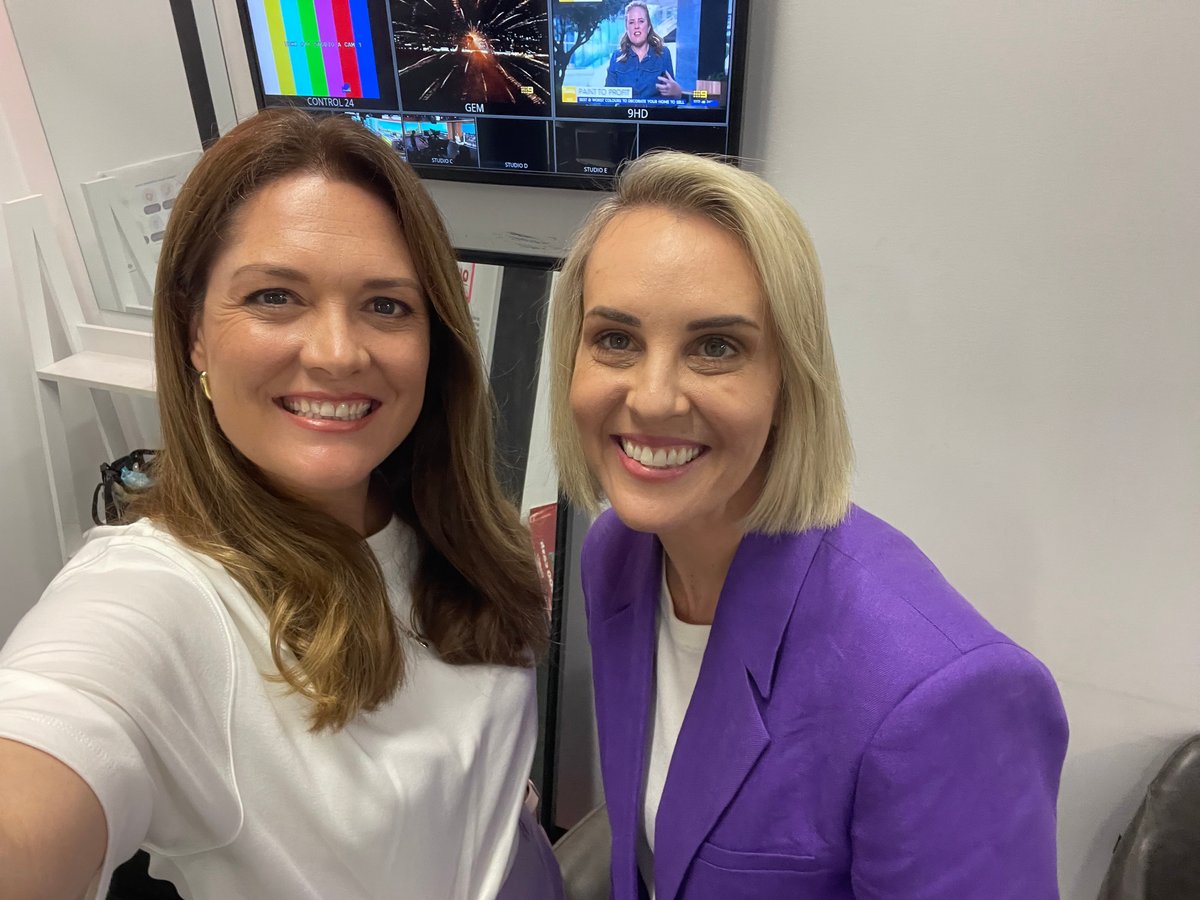I'm a psychologist and careers expert, but nothing prepared me for the invisible weight of becoming a mother.
When my son was born, I thought I'd be fine. I'd read the books, had the tools, and I'd spent years helping other mothers. I saw myself as resilient and optimistic, but the truth is, I wasn't okay.
The anxiety crept in quietly. A racing heart at 2am. A brain that wouldn't switch off. A gnawing sense I wasn't doing enough.
My son had undiagnosed silent reflux. He screamed for hours. I barely slept. When I raised concerns, I was dismissed. A paediatrician said he was "probably picking up on my Type A energy." I've never felt so unheard.
Watch: Mamamia has launched the WELL podcast to help women feel more supported — in their health, their motherhood, and their everyday life. Post continues below.
Soon, insomnia took over. Panic attacks started. I lost my appetite. I couldn't make simple decisions. I fantasised about getting on a plane to London, alone.
Eventually, friends stepped in and got me the help I needed.
There I was, a mother, a psychologist, sitting in a beige chair opposite a psychiatrist, barely functioning. Utterly unrecognisable to myself.





























































































